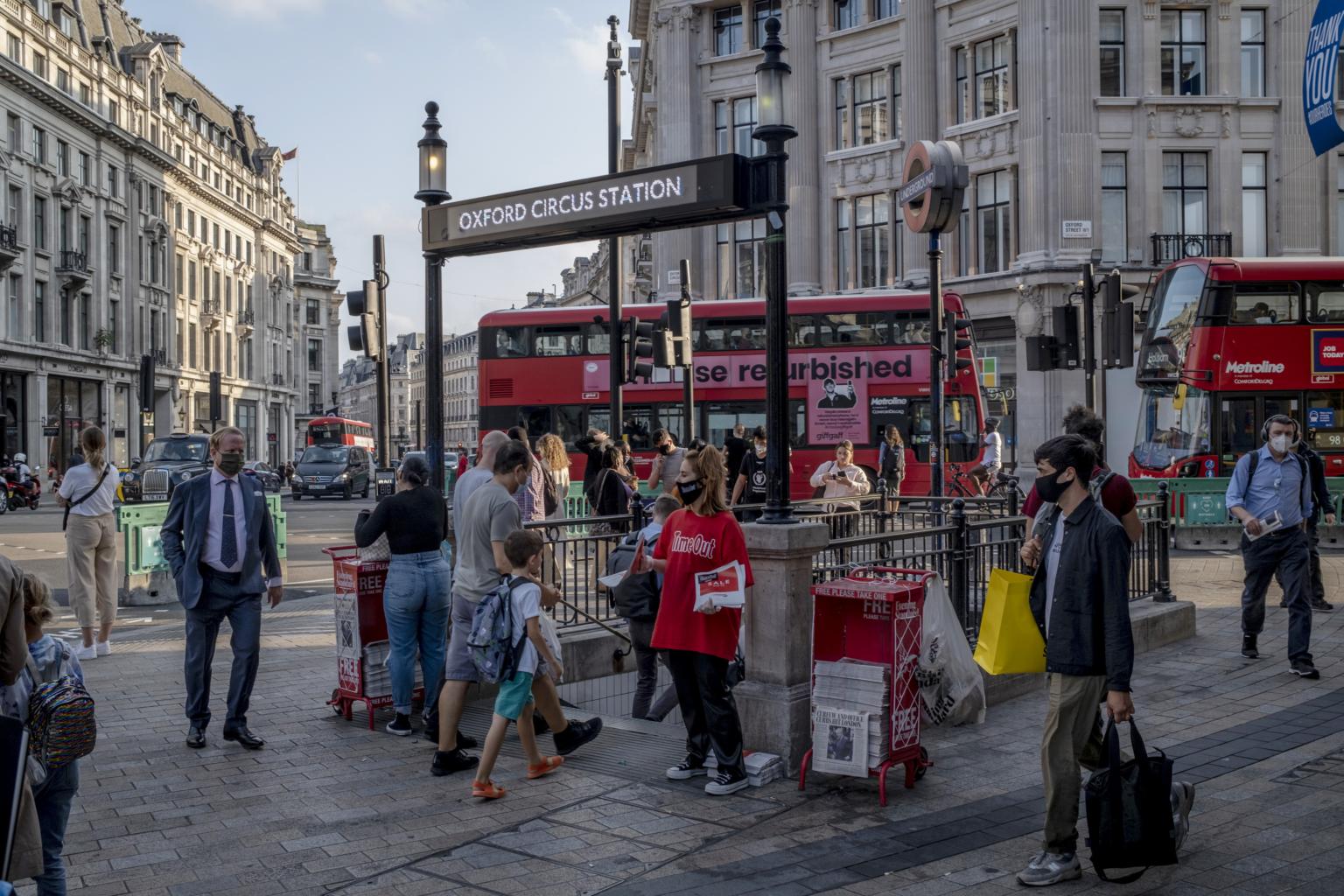BERLIN - European countries are struggling to avoid a second lockdown with a significant rise in new Covid-19 cases.
Britain and Spain are among the worst-hit countries but their leaders are against re-imposing a total lockdown. British Prime Minister Boris Johnson warned against shutting down businesses again, saying this would "ruin the economy and diminish our natural immunity". His Spanish counterpart, Mr Pedro Sánchez, insisted there were "enough possibilities" to turn the corner again.
Britain is now reporting around 4,000 new cases each day, while Spain earlier this week recorded more than 10,000 in a single day. The situation is alarming in France as well, with roughly over 13,000 in a day.
The worsening situation follows a rather successful containment of the coronavirus, which causes Covid-19, in the summer this year.
On Monday (Sept 21), the World Health Organisation (WHO) published new figures for Europe that showed an 11 per cent increase in new infections. WHO's regional emergency director for Europe, Dr Dorit Nitzan, described the situation as a "wake-up call".
The reasons for the increase are manifold. For one thing, people are returning to workplaces after their summer vacation and are transmitting the virus. Many have also begun to let their guard down, neglecting personal hygiene and social distancing measures. The WHO says there is strong indication that young people are driving the second surge on the continent. In addition, more testing is contributing to higher numbers as more cases are detected.
But the testing is not being conducted in a uniform manner throughout Europe, an issue picked up during a meeting of the German and French health ministers this week.
While Germany has from the beginning adopted prioritised testing, France changed course in July and offered free mass testing.
Against the backdrop of mounting infection rates, however, it seems that the government in Paris is now considering reversing course again. In Germany, the goal has been to break the chain of infection, so those showing symptoms, their contacts, returning travellers and health personnel are tested first.

Although cases are slowly rising again, Germany is still faring comparatively well when it comes to new cases. Since the onset of the Covid-19 pandemic, the country has registered around 275,000 cases with slightly more than 9,400 deaths. But an increase in some areas has now triggered alarm bells.
In particular, the Bavarian city of Munich is a new hot spot, surpassing the benchmark of more than 50 new infections per 100,000 inhabitants over a period of seven days. If this threshold is exceeded, it is very difficult to trace the chain of infection. The city administration now wants to make the wearing of a mask mandatory, particularly in crowded areas of the city.
As another precautionary measure, the federal government is also considering introducing a mandatory five-day quarantine period for all returning travellers. A negative test result at the end of the period will mean the traveller need not serve 14 days in quarantine. This new regulation could go into effect in November.
Meanwhile, Roche, the Swiss pharmaceutical company, has announced that it will be putting a kit for instant testing on the market. Results will be available within 15 to 30 minutes after taking the swab test.
In contrast to conventional polymerase chain reaction tests, rapid antigen tests do not use smear samples for a time-consuming search for the genetic material of the virus. They instead look for molecules that are characteristic of the virus. The downside: The rapid tests usually carry an error rate of 4 per cent, that is, out of 100 people tested, four positive cases are not detected.












